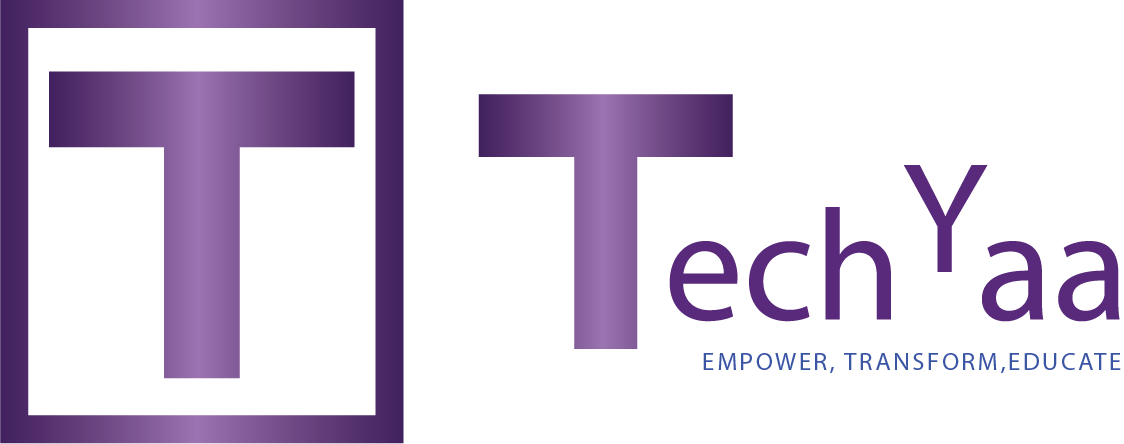Blockchain technology, initially known for powering cryptocurrencies like Bitcoin, has transcended its origins to offer revolutionary solutions across various industries. As the backbone of decentralized systems, blockchain’s distributed ledger technology (DLT) ensures transparency, security, and immutability, making it suitable for a myriad of applications beyond financial transactions.
In the vast digital landscape, beyond the buzz of Bitcoin, lies a technology that’s reshaping industries like a silent revolution. Say hello to Distributed Ledger Technology (DLT) – the backbone of blockchain. Buckle up, because we’re about to explore its real-world magic.
Introduction to Blockchain Technology
Blockchain is a decentralized ledger system that records transactions across a network of computers. Each block contains a cryptographic hash of the previous block, creating a chain of blocks, hence the name. This technology eliminates the need for intermediaries, ensuring trust and transparency in transactions.
🚀 What is DLT ? Understanding Distributed Ledger Technology (DLT)
DLT, the underlying technology of blockchain, distributes data across multiple nodes, ensuring no single point of failure. It facilitates peer-to-peer transactions without the need for a central authority, enhancing security and efficiency.
DLT is like a cosmic ledger spread across countless computers. Imagine a giant, tamper-proof spreadsheet where every transaction, contract, or record is etched in digital stone. Here’s why it matters:
1. Trust Without a Middleman: DLT eliminates the need for intermediaries. No more bankers, lawyers, or brokers. Transactions happen directly between parties, like passing notes in a secret club.
2. Immutable Records: Once a record enters the DLT, it’s eternally etched. No erasers, no whiteout. This transparency boosts trust and accountability.
3. Beyond Cryptocurrencies: While Bitcoin popularized DLT, its applications extend far beyond digital gold.
Let’s dive into the real-world use cases:
Real-World Applications of Blockchain Beyond Bitcoin
- Supply Chain Management: Blockchain enables transparent and secure tracking of goods throughout the supply chain. It enhances traceability, reduces fraud, and ensures product authenticity, benefiting industries like food, pharmaceuticals, and luxury goods.
- Healthcare Records Management : Blockchain enhances the security and accessibility of healthcare records, ensuring patient privacy and data integrity. Patients have greater control over their medical data, facilitating seamless sharing among healthcare providers.
- Voting Systems: Blockchain can revolutionize voting systems by providing transparent, tamper-proof records of votes. It enhances electoral integrity, eliminates voter fraud, and increases voter turnout by enabling secure remote voting options.
- Intellectual Property Protection: Blockchain provides a decentralized platform for verifying and protecting intellectual property rights. It offers immutable records of ownership, reducing copyright infringement and ensuring fair compensation for creators.
- Decentralized Finance (DeFi) : Decentralized finance leverages blockchain to offer financial services without traditional intermediaries. It includes lending, borrowing, trading, and asset management, providing greater financial inclusion and autonomy.
Impact of Blockchain on Various Industries
Blockchain technology has a profound impact on diverse sectors:
- Finance and Banking: Enhances cross-border transactions, reduces costs, and mitigates fraud.
- Healthcare: Improves data interoperability, enhances patient outcomes, and streamlines administrative processes.
- Government: Increases transparency, reduces bureaucracy, and enhances citizen services.
- Logistics and Supply Chain: Optimizes inventory management, reduces counterfeiting, and enhances product traceability.
Challenges and Limitations of Blockchain Technology
Despite its promise, blockchain faces challenges such as scalability, interoperability, and regulatory concerns. Addressing these issues is crucial for widespread adoption and integration into existing systems.
Future Outlook of Blockchain Technology
The future of blockchain technology is promising, with ongoing advancements in scalability, interoperability, and privacy. As more industries embrace blockchain, we can expect innovative solutions that revolutionize how we transact, collaborate, and interact.
Blockchain technology extends far beyond Bitcoin, offering real-world applications that transform industries and redefine traditional processes. With its inherent features of transparency, security, and decentralization, blockchain continues to revolutionize various sectors, shaping the future of our digital landscape.




